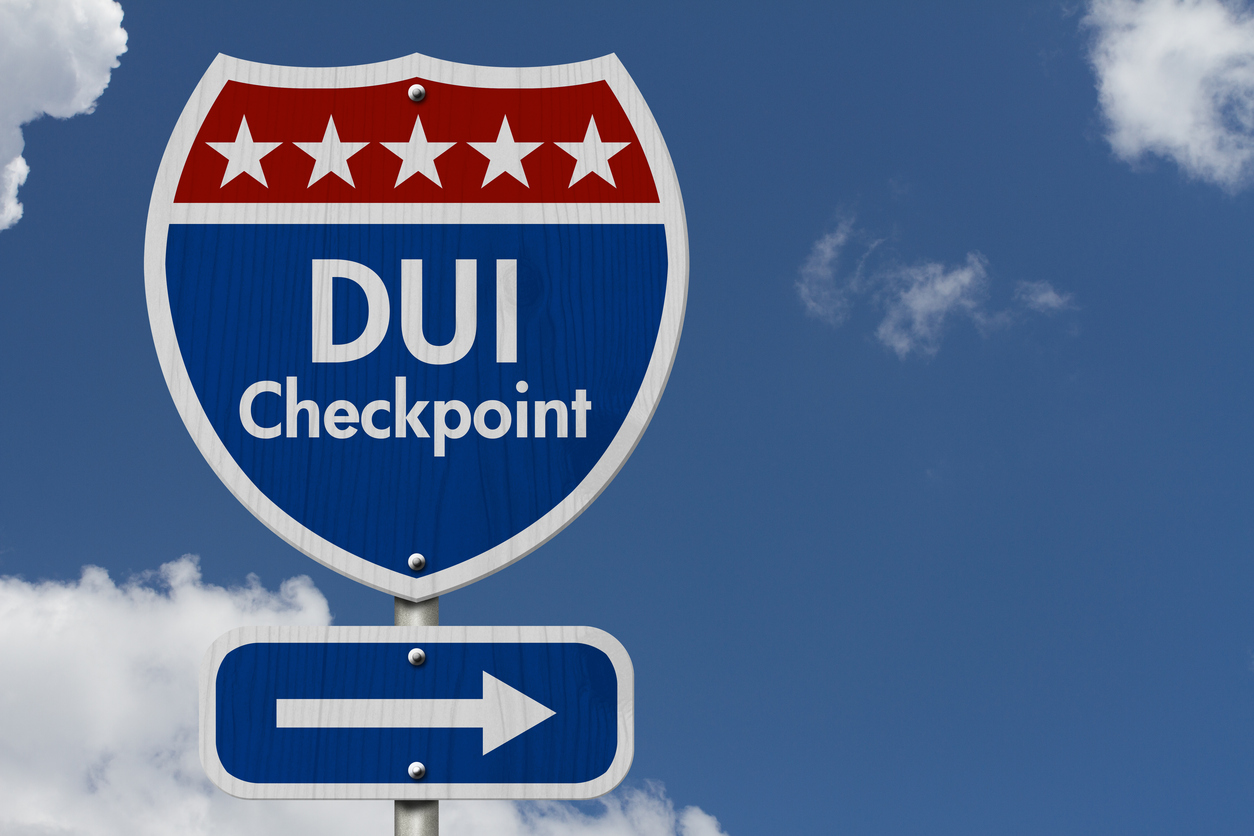Jeremy Rosenthal | August 1, 2025 | Criminal Defense

If you’ve been pulled over for suspected drunk or drugged driving in Dallas, Texas, you may hear terms like DUI, DWI, or even OVI. These acronyms can get confusing fast. While they all refer to some form of impaired driving, the exact meaning and legal consequences can vary depending on the state.
In Texas, only a few of these terms are actually used in a legal sense. Here’s what you should know.
What Is DWI in Texas?
In Texas, the term “DWI” stands for “Driving While Intoxicated.” This is the official legal term used under Texas Penal Code § 49.04, which makes it a crime to operate a motor vehicle in a public place while intoxicated.
You are considered legally intoxicated in Texas if:
- Your blood alcohol concentration (BAC) is 0.08% or higher
- You are impaired by alcohol, drugs, or a combination of both, regardless of your BAC
- You lack the normal use of mental or physical faculties due to substances
DWI is the most commonly used term in Texas courts and police reports. It’s typically charged as a misdemeanor for a first offense, though it can become a felony in cases involving serious injury, death, or multiple prior convictions.
What Is DUI in Texas?
Texas also uses the term “DUI,” but it’s limited to underage drivers. According to Texas Alcoholic Beverage Code § 106.041, anyone under the age of 21 can be charged if there’s any detectable amount of alcohol in their system.
This law follows a zero-tolerance policy for minors. Even a BAC below 0.08% can result in a DUI charge if the driver is under 21. A first-time offense is usually a Class C misdemeanor, which might not sound serious. However, it can still lead to license suspension, fines, and community service.
What About OVI and OMVI?
The terms OVI (Operating a Vehicle Impaired) and OMVI (Operating a Motor Vehicle Impaired) are not used in Texas law. These acronyms come from other states, such as Ohio, which uses “OVI” as its official term for impaired driving offenses.
If you’re reading legal documents or online resources from outside Texas, you might run into these terms. However, in Texas courts, you will not be charged with OVI or OMVI. These are out-of-state designations that don’t apply here, though the underlying conduct (driving while impaired) remains illegal under different names.
What Happens if You’re Convicted?
Texas takes impaired driving charges seriously, and if you are convicted of a DWI or DUI offense, you could face:
- Jail time (especially for repeat offenses or cases involving injuries)
- Fines and court costs
- Driver’s license suspension
- Mandatory ignition interlock devices
- Alcohol education or treatment programs
A DWI conviction will also stay on your criminal record, which can affect employment, housing, and future driving privileges.
Defenses Against a DWI or DUI Charge in Texas
Not every arrest leads to a conviction. Depending on the facts of your case, you may have legal defenses available.
For example:
- The breathalyzer test may have been improperly administered or maintained
- There may have been no probable cause for the traffic stop
- You may have a medical condition that mimics intoxication symptoms
A skilled criminal defense lawyer can investigate your case and work to have your charges dismissed if at all possible.
Contact the Dallas Criminal Defense Attorneys at the Texas Defense Firm for Help Today
If you’ve been charged with a crime in McKinney or Dallas and need legal help, contact our skilled criminal defense attorneys at Texas Defense Firm. Schedule a confidential consultation today to discuss your case and protect your rights.
We proudly serve Collin, Denton, Kaufman, and Rockwall counties and the surrounding areas. Visit our law offices at:
Texas Defense Firm – McKinney Office
7300 State Highway 121 Suite 400
McKinney TX 75070
(972) 369-0577
Available 24/7
